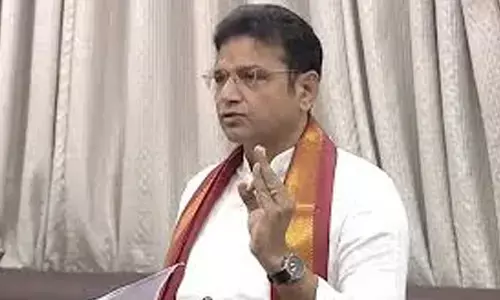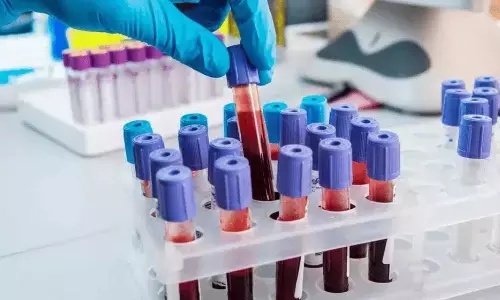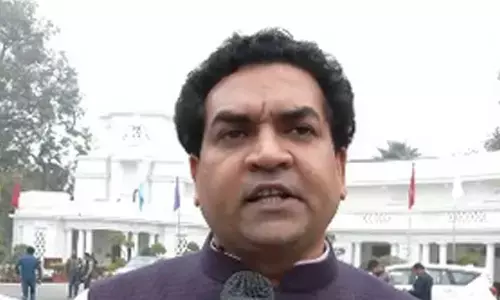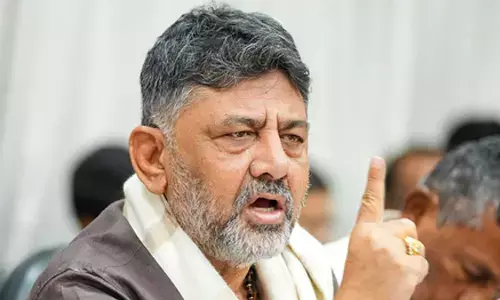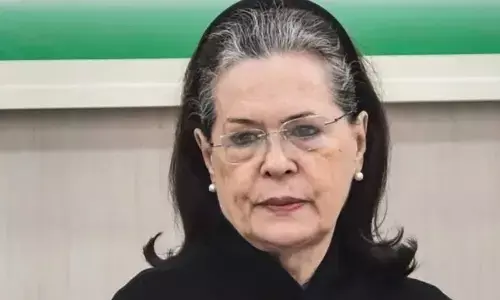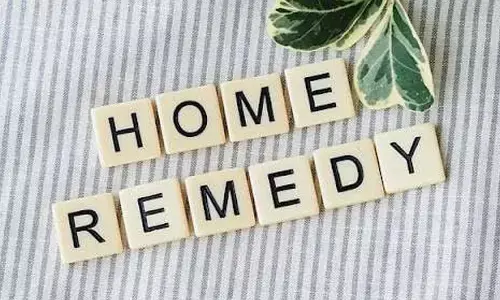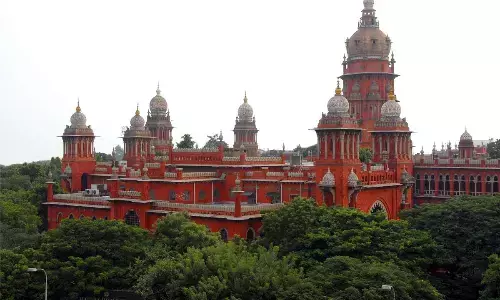Anti-Hindi ire in Tamil Nadu is decades-old
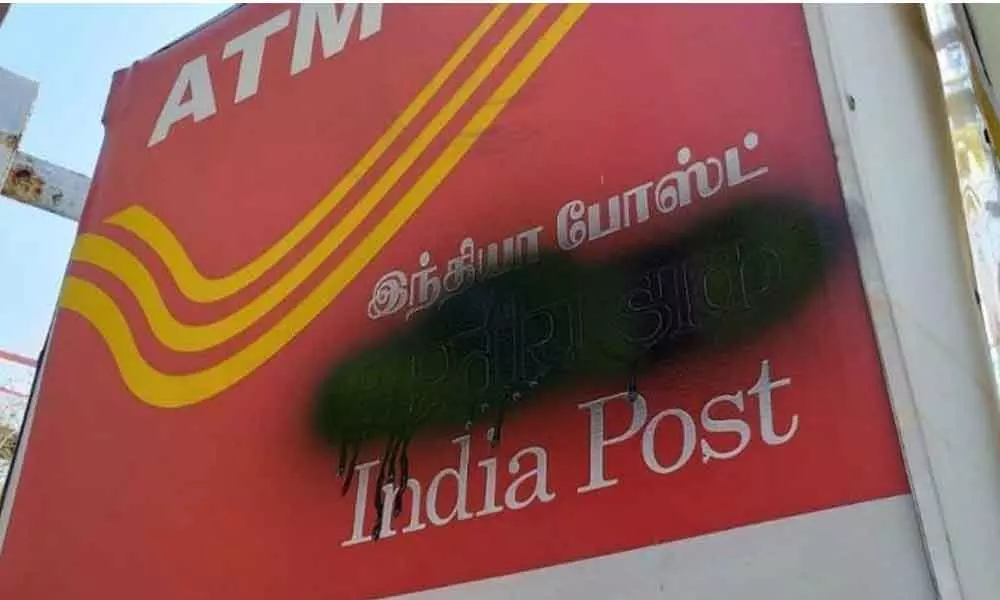
The face-off between some regional political parties and the Centre over Hindi language, triggered by Union Home Minister Amit Shah’s last week’s comment, may have been averted by his clarification but the issue is decades old.
The face-off between some regional political parties and the Centre over Hindi language, triggered by Union Home Minister Amit Shah's last week's comment, may have been averted by his clarification but the issue is decades old.
The anti-Hindi agitation fire first erupted in Tamil Nadu in 1965 and using this as a plank, parties like DMK made huge political gains, including capturing power in the State.
The State saw a strong anti-Hindi agitation in 1965, resulting in several deaths in police firing on the protesters.
The agitation, spearheaded by the DMK, was one of the major reasons for the Dravidian party coming to power in the State in 1967, displacing the Congress.
Even in the 1930s - prior to India's independence in 1947 - the erstwhile Madras Presidency had witnessed agitations when Hindi was sought to be introduced as a subject in schools.
In the recent times too, controversies were stoked by certain remarks, moves and decisions by the Modi government regarding propagation of Hindi.
The latest was Shah's comment that "it is very essential that the entire country has one language which becomes its identity in the world" and that only Hindi language could be such a uniting force.
Political parties in States like Tamil Nadu and Karnataka saw it as an attempt to impose Hindi on them and declared their intent to launch an agitation against it.
However, as more and more leaders spoke out against his remarks, Shah clarified on Wednesday that he never sought imposition of Hindi on other regional languages and had "only requested" that Hindi should be learnt as second language along with one's mother tongue.
In a clear bid to pacify the regional parties, Shah said he himself comes from a non-Hindi State of Gujarat.
Earlier, a proposal in the draft New Education Policy of the Central government for compulsory teaching of Hindi in schools under three language formula also had triggered a row.
It was modified after States like Tamil Nadu, Karnataka and West Bengal expressed opposition.
There was also a decision of the Railway Ministry to hold recruitment exams only in Hindi and English, but it too was withdrawn after protests.
Similarly, the Southern Railway had issued instruction to Divisional Control Office and Station Masters to speak in Hindi or in English and avoid regional language to prevent misunderstanding. This too was withdrawn after protests.
After Shah's remarks made at 'Hindi Diwas' on September 14, the Dravida Munnetra Kazhagam (DMK) and the Paattali Makkal Katchi (PMK), two major political parties of Tamil Nadu, had immediately reacted, saying the imposition of Hindi on the pretext of 'one nation, one language' would prove disastrous for the country.
PMK Founder S Ramadoss had tweeted, "Shah's views on Hindi to be India's single language is wrong. He has the right to speak high of Hindi language on the Hindi Day. But Hindi can't be forced on the people speaking other languages."
Ramadoss said, just because Hindi was spoken by a large number of people in India, it could not be a unifying force. "If Hindi is imposed on people speaking other languages then it will break the country. There are global examples for this," he said.
The DMK President M K Stalin said, "It's shocking. It will surely affect India's unity. On behalf of the DMK, I would urge him to take back that view of his."
At a high level meeting held here on Sep 16, the DMK decided to hold demonstration at district headquarters across the state on September 20. This demonstration has been cancelled after Shah's clarification.
Taking a dig at Shah on the Hindi language issue, Tamil actor-politician Kamal Haasan said no "Shah, Sultan or Saamraat" should renege on the promise of unity in diversity that was made when India became a republic.
Continuing further he added: "Jallikattu was just a protest. The battle for our language will be exponentially bigger than that. India or Tamil Nadu does not need or deserve such a battle."
On the other hand, BJP's National Secretary H Raja had dismissed the anti-Hindi stance of DMK as false.
"The party leaders oppose Hindi and three language formula. But the schools run by DMK functionaries or their relatives are under the Central Board of Secondary Education (CBSE) stream where Hindi is taught.
Let them change their schools to the State board stream," Raja said. "The people now know the double standards of the DMK. Why were they silent when P Chidambaram spoke high of Hindi when he was the Home Minister," Raja questioned.
Agreeing that every Home Minister on 'Hindi Day' speaks highly of the language, Elangovan said the party was opposed to Shah's views of having Hindi as the global identity for India.
When pointed out that DMK MP Dayanidhi Maran had used posters in Hindi, Elangovan said the posters were put up by North Indians who are members of the party.








